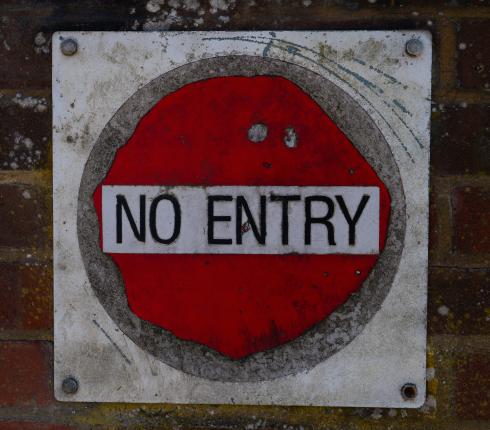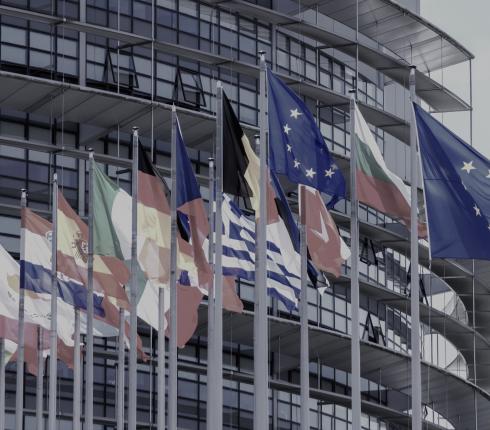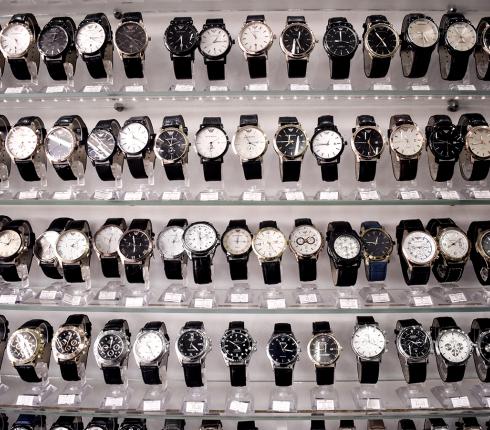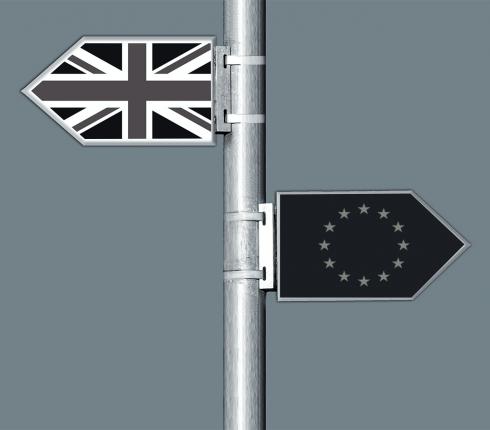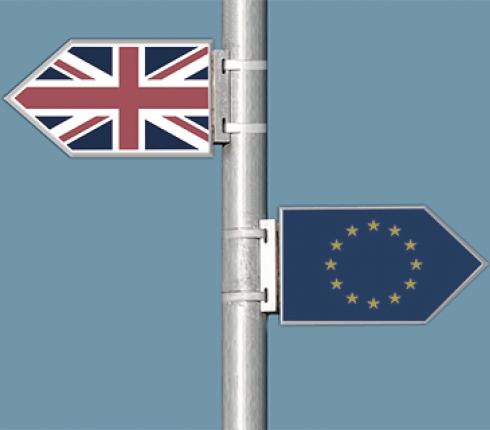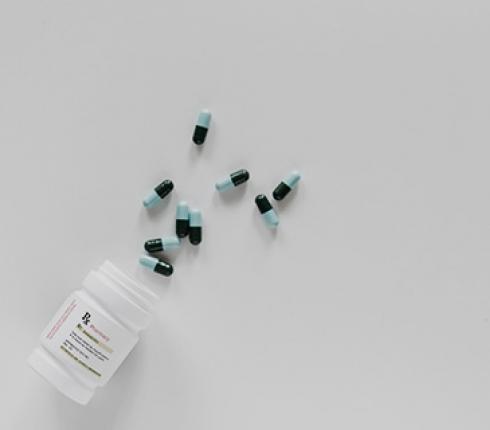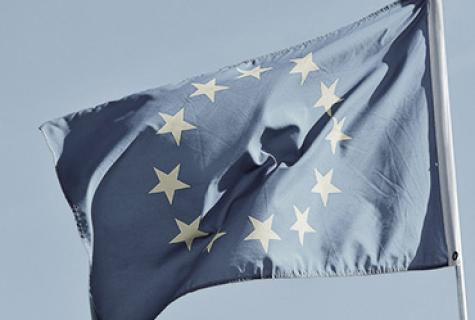EU Court of Justice clarifies the application area of off-label use of approved medicine
On 21 November 2018, the European Court of Justice ruled in a new and long-awaited judgement that widespread off-label use of medicinal products may also be permitted and does not always require a new marketing authorisation. Even repackaging for off-label use may be permitted if repackaging takes place at one level after the marketing of the medicinal products.
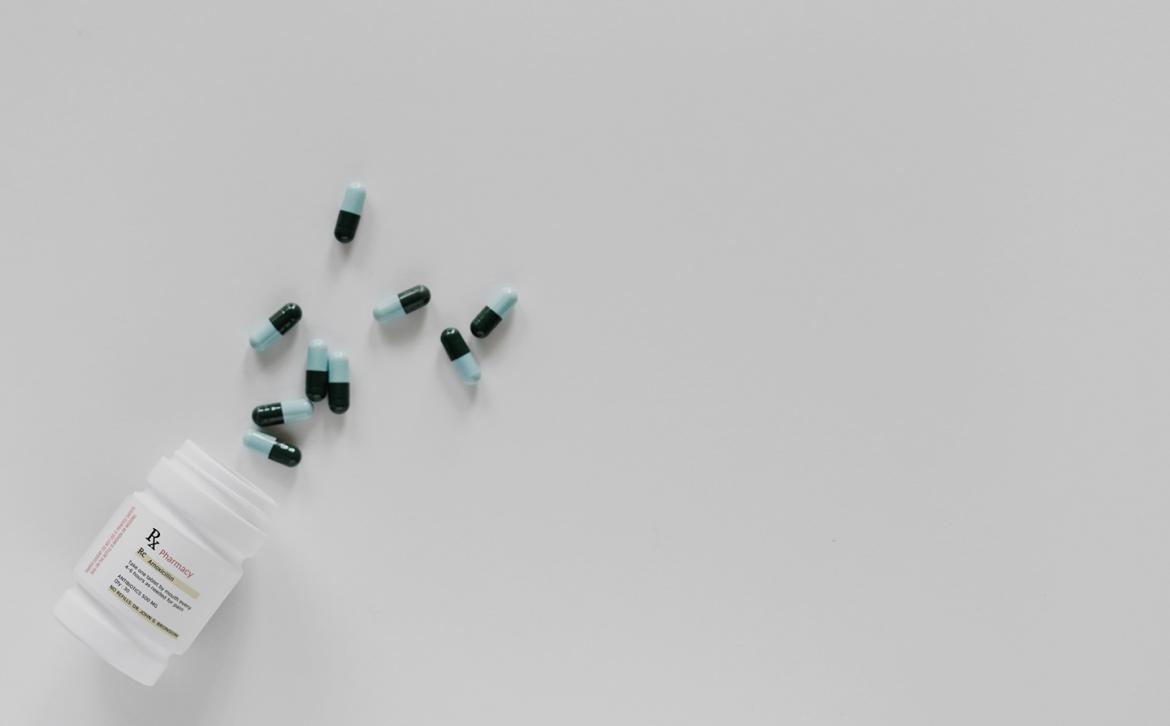
In case C-29/17, Novartis Farma, the European Court of Justice had to decide whether the Italian Medicines Agency could place the medicinal product Avastin on the list of medicinal products which would receive reimbursement from by the national health service in Italy, even though it was used for a treatment that was not covered by its marketing authorisation.
Adding Avastin to the list was not contrary to EU law the Court ruled. EU rules do not prohibit off-label use of medicinal products or reimbursement rules such as the Italian rules. However, the EU rules still set some limits on how and when off-label use is permitted, and a national reimbursement scheme cannot determine whether a particular medicinal product is prescribed: Patient safety – and the need to ensure a level playing field for the industry – must continue to govern the public regulation of the manufacture, sale and use of medicinal products.
If you have any doubts as to whether this is also the case, it makes sense to examine the EU-law more carefully. Legal issues are addressed, resolved or clarified continuously. Even major pharmaceutical agencies can misunderstand EU law, as underlined in this new judgment, where the parties disagreed on the scope of EU rules on off-label use.
The European Court of Justice explained that EU legislation in the pharmaceutical area does not prohibit the prescription of a medicinal product off-label or the repackaging of medicinal products for off-label use. However, EU law, including the Medicinal Product Directive, must always be respected by the Member States. This means, among other things, that the exemption from the pharmaceutical regulations invoked by the Italian Medicines Agency – that it was a magisterial (pharmacy-made) medicinal product because repackaging only had to take place in a pharmacy – had to be interpreted as precluding; as Avastin was not manufactured at a pharmacy, quite the opposite industrially, and so the exception did not apply. The Agency also argued that the derogation from the Directive's marketing authorisation requirement – which is not required if the prescribing doctor, in a specific situation, considers that it is not possible to treat a particular patient with an authorised medicinal product – made a marketing authorisation for the repackaged version of Avastin redundant.
The European Court of Justice also rejected the following argument: As a marketing authorisation also includes the processes after the actual marketing carried out by doctors or pharmacies as part of preparing the medicinal product for the treatment of a patient who has been prescribed this product, the repackaging of Avastin was under the specific circumstances covered by the marketing authorisation issued. As the treatment of each patient with Avastin was also prescribed by an individual prescription, the rules of the Medicinal Product Directive did not preclude the Italian use of Avastin off-label.
The EU Court has previously ruled in with two cases on off-label use of the medicinal product Avastin, in 2013 and earlier this year. In these cases, too, the European Court of Justice pointed out that a distinction must be made between the manufacture of medicinal products, including the processing of finished medicines requiring a manufacturing authorisation, and the processes such as processing, splitting and changing the packaging or presentation that alone requires a marketing authorisation for the medicinal product, insofar as these processes are performed solely for retail delivery or administration of the medicinal product. A distinction that in practice can be challenging to make.
NJORD Law Firm has contributed to a complaint lodged against the Italian reimbursement rules to the European Commission by the European pharmaceutical industry. We monitor the legal developments closely.
